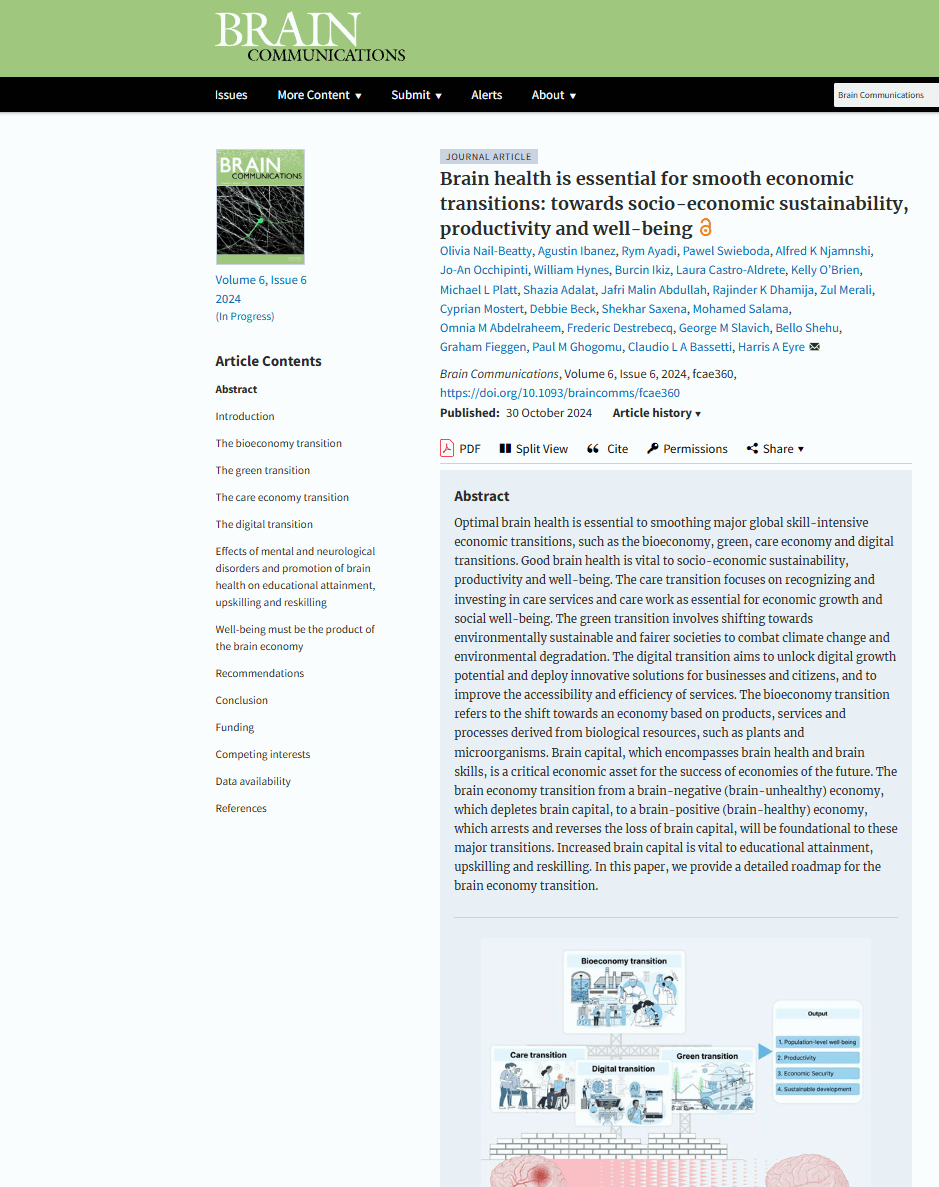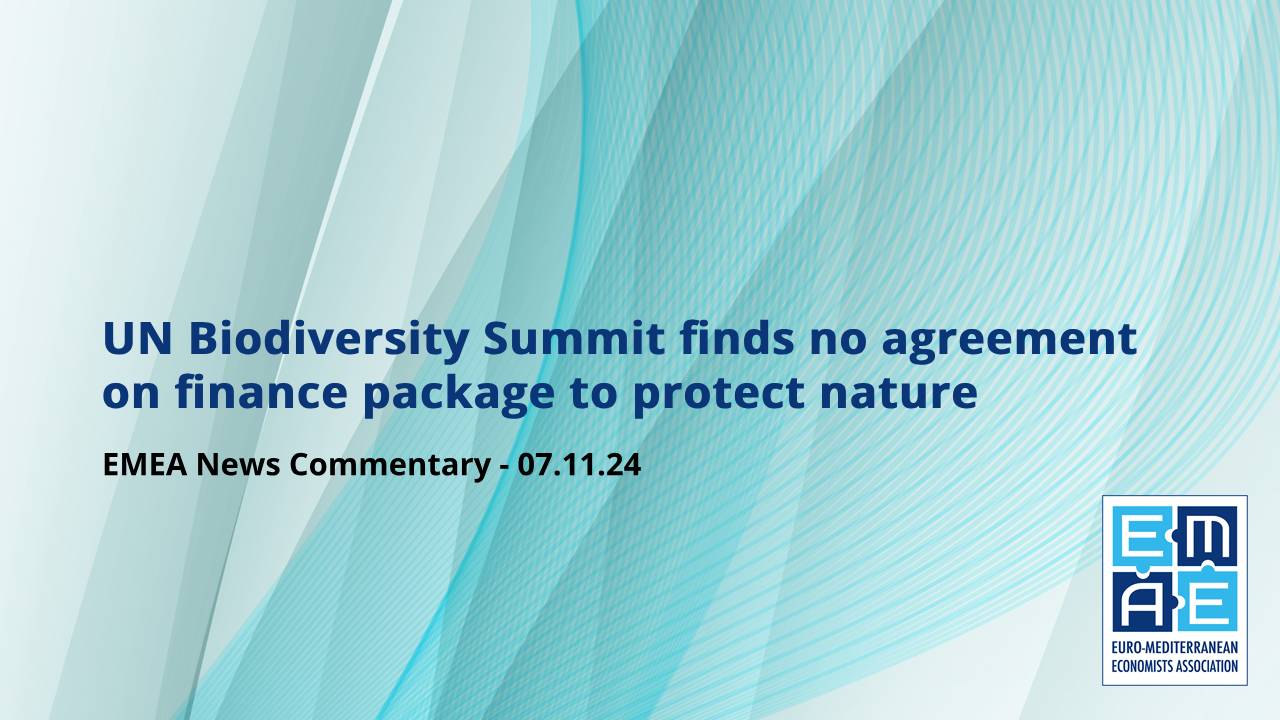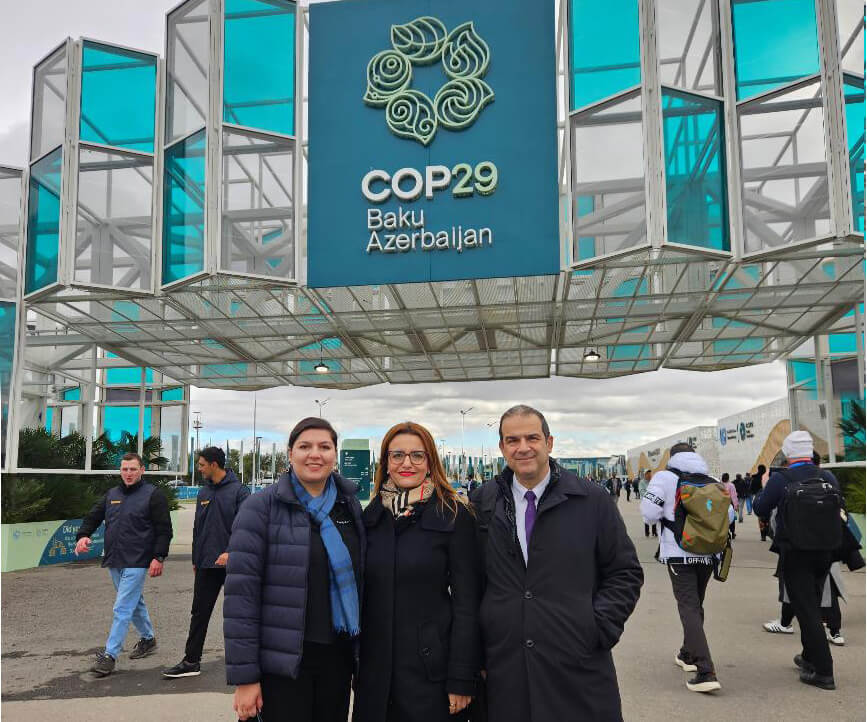After two hard weeks of negotiation, the world’s largest nature protection conference, the UN COP16 biodiversity summit, has failed to reach agreement on a global finance plan to protect the natural world.
The marathon event, held in Cali, Colombia, ended in stalemate – despite over-running in a bid to find a consensus, the Financial Times has reported.
Before the talks were suspended, COP16 delegates did manage to strike a deal on a new fund, providing corporates and other interested parties with access to genetic data, in return for voluntary corporate payments. There was also agreement over the creation of a new body focused on the rights and interests of indigenous peoples.
Brian O’Donnell, director of the non-profit Campaign for Nature said it was “alarming” that the COP was suspended without agreement on a finance strategy. “Failure to make progress on finance in the face of unprecedented biodiversity loss keeps the world on the path to nature loss and species extinction,” he warned.
With around 190 countries in attendance, COP16 was expected to advance goals to stop the decline of nature by 2030 – an aim previously outlined two years ago at the COP15 summit in Montreal.
Instead, a broad range of companies, led by the pharmaceutical and agritech industries, will now be relied upon to make voluntary contributions into the new Cali Fund, for information relating to the living world. The terms of the Fund also proved highly contentious, with complaints that it was unbalanced.
Given the lack of clarity and disagreement surrounding the summit, the talks may be reconvened at a later date, according to the FT report.
“COP16 has not been closed, because we haven’t been through all the agenda items or adopted the [closing] report,” said David Ainsworth, spokesman for the secretariat of the UN Convention on Biological Diversity.
He said all parties would have to agree on a new date and venue to officially bring the proceedings to an end, but that all the approved items were now “officially operative.”
Demands from biodiversity-rich developing nations
Currently, any business or academic research organisation is allowed free and extensive access to natural world data via publicly funded open-source databases.
The setting up of the Fund came in response to calls from biodiversity-rich developing nations that companies who develop products arising from this so-called “digital sequence information” should now start paying them a share of income for the privilege.
The FT reported that there was disagreement from a number of countries, including Switzerland and India, over this “new multilateral mechanism.” Some developing nations had pushed for the rules to be mandatory rather than voluntary.
Despite this, it was agreed that commercial users in sectors that “directly or indirectly benefit” from the data’s use “should contribute” either 0.1 per cent of their revenue or 1 per cent of their profit to the new fund, “as an indicative rate.”
The stipulations will apply to companies meeting two of the following three criteria: $20m in assets; $50m in sales; or $5m in profit.
Citing the Swiss pharmaceutical giants, Roche, as an example, the FT said that a contribution of 0.1 per cent of revenue would have meant a $67m payment last year from them alone.
But because the wording of the negotiations said companies “should” rather than “shall” make payments, high-level observers noted that essentially this would mean companies only needing to provide voluntary contributions. It was not a compulsory levy, which some countries had demanded.
The view was “that the multinational agreement could create significant moral and reputational pressure on companies to comply,” the FT reported.
But there the possibility remained of mandatory payments being introduced in the future, given that the final text referred to governments being “invited” to take legislative or other measures as a way of incentivising contributions from companies.
The International Federation of Pharmaceutical Manufacturers and Associations complained that the decision didn’t “get the balance right between the intended benefits of such a mechanism and the significant costs to society and science that it has the potential to create.”
The Associations’ Director-general, David Reddy, said the data was “essential for developing new medicines and vaccines.”
Concerns over rich nation influence
On the broader issue of governance systems around international biodiversity finance, further talks will be needed for a consensus to be reached.
At COP15 in 2022, nations agreed that by 2030, they would set aside $200bn for nature restoration and protection. Working to the same deadline, wealthy countries were also due to provide annual support of $30bn for developing nations. This funding was due to be underpinned by the Washington-based Global Environment Facility (GEF).
But developing nations railed back on this at COP16, claiming that the GEF was too heavily influenced by rich nations. Instead, they called for the creation of a new fund with more evenly weighted governance serving the needs of all nations.
According to Panama’s special representative for climate change, Juan Carlos Monterrey, the longer the Summit went on, the more that smaller developing nations “felt they were in an unequal contest.”
He complained that richer nations had an advantage because they had larger delegations than those representing more vulnerable countries. “We have to stay awake for 36 hours, whereas [larger economies] have someone freshly showered in clean clothes at least twice a day,” he said. “The process isn’t fair to begin with.”
Meanwhile, the 2025 UN biodiversity summit, under the auspices of COP17, will be staged in Armenia.
UN summit agrees deal on genetic data but fails on wider finance to protect nature





